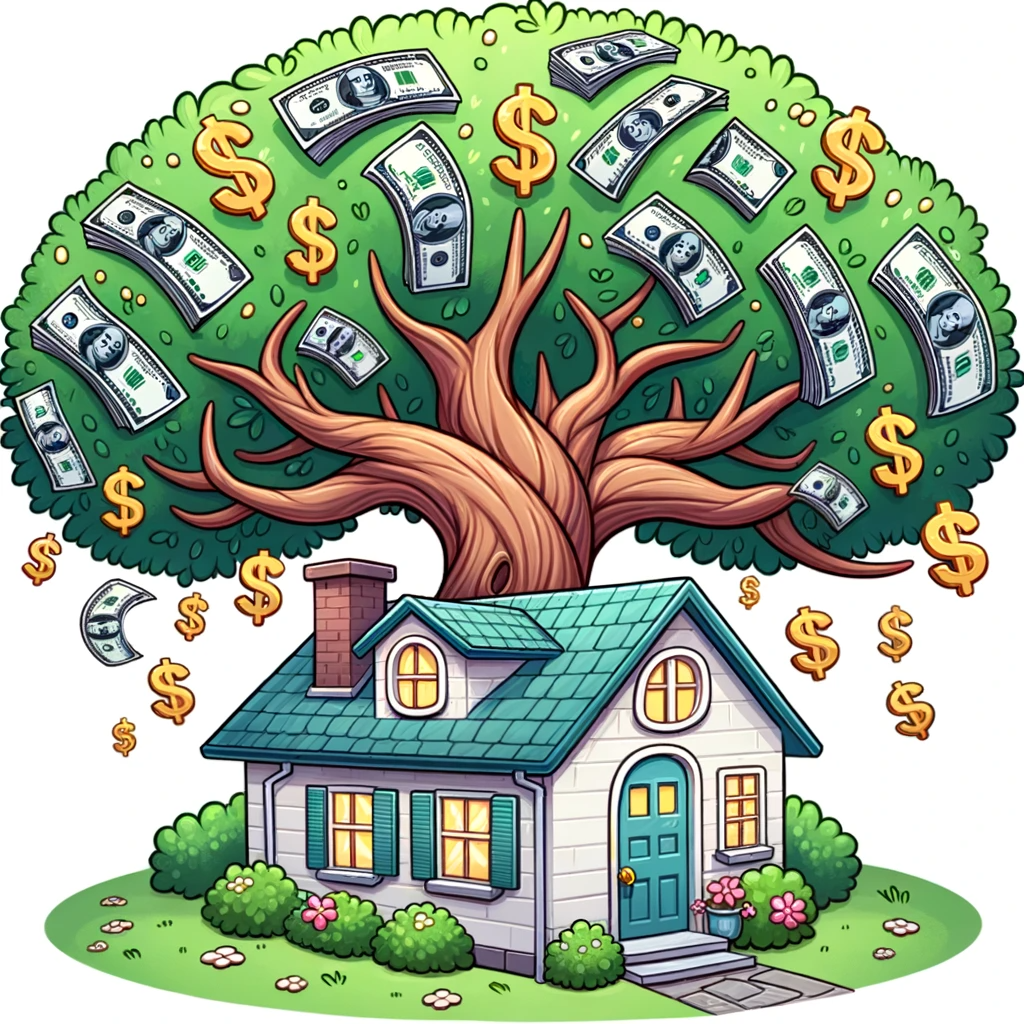Introduction to real estate wealth generation
Today, we will talk about real estate and how it can generate passive income and stability. Real estate is a tangible asset that tends to increase in value over time, making it a reliable investment option. We will discuss four important factors that contribute to wealth in property investments, specifically focusing on long-term rental properties. Get your notebook ready as we delve into the world of real estate investing.
Cash flow refers to a consistent and ongoing source of income
Cash Flow is the hero of the real estate story. It is the steady monthly paycheck that comes after the renters pay and the bills are settled. The formula is simple: Rental Income minus Expenses. Expenses include mortgage, taxes, insurance, maintenance, and property manager’s fee if applicable. What is left is the golden egg, the recurring monthly cash that adds up over time. To boost cash flow, investors often look for ways to reduce expenses, such as negotiating lower service fees, or increase rental income by making property improvements to justify higher rent.
The Role of Appreciation in Building Wealth
Appreciation silently strengthens and increases the value of your property over time. Imagine a chart with a line that steadily rises year after year, representing your property’s value. Since 2020, this line has shown a stronger climb of approximately 9.5%. However, it is wise to expect a modest increase of around 3-3.5% due to market fluctuations. Location, market demand, and property upgrades are significant factors in determining appreciation. Historical trends consistently demonstrate a rise in property values over decades, confirming real estate as a reliable avenue for building wealth.
Loan paydown is an important factor in the accumulation of wealth
Loan Paydown is important for wealth accumulation. Each month, the tenant’s rent helps reduce the mortgage. With every payment, the loan gets smaller and your equity in the property increases. Over 30 years, as the property appreciates, the loan decreases until it’s fully paid off, leaving you with valuable equity. For example, tenants could completely pay down a $200,000 mortgage in 30 years, while the property’s value may have doubled or tripledin that time.

Tax Benefits: An examination of the strategic advantages of financial protection
Tax Benefits are a cunning tool called Depreciation. Your property loses value over time, and the loss can be deducted over 27.5 years. For example, if your property is worth $100,000 (excluding land), you can deduct $90,000 over those years, saving you money on taxes. Other tax advantages include deductions for mortgage interest and property taxes, as well as the possibility of lower tax rates on long-term profits.
In conclusion, the Quartet of Financial Growth
Cash Flow, Appreciation, Loan Paydown, and Tax Benefits are essential elements in real estate investing. They contribute to financial growth and provide a strong foundation for building wealth. If you’re interested in learning more, you can explore additional articles or reach out to a real estate expert to start your journey towards financial freedom. Enjoy your investing experience!
How can Snabby help you achieve your real estate investment goals? Contact our team at Snabby Real Estate for personalized guidance and let’s build your wealth together!
